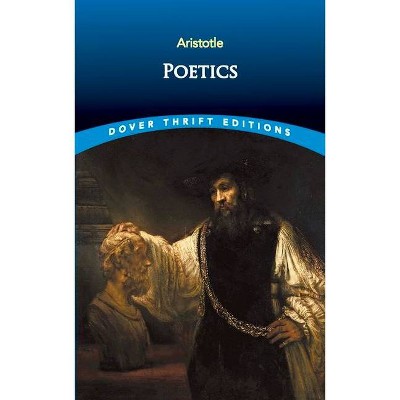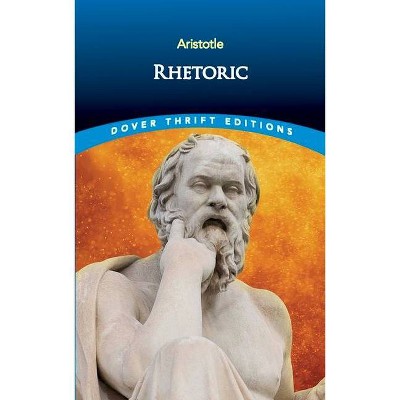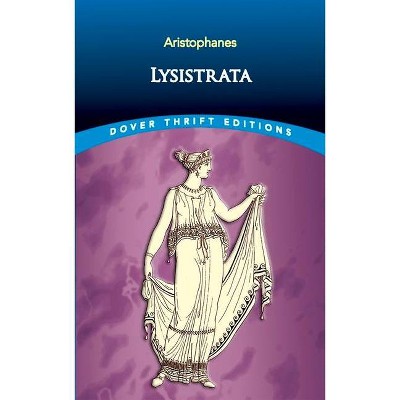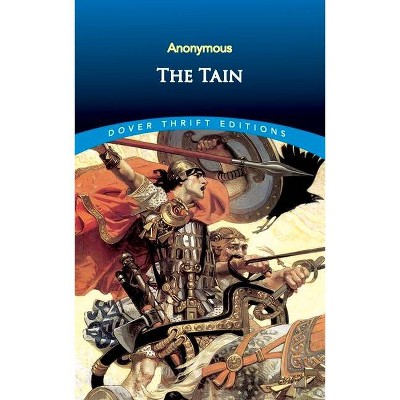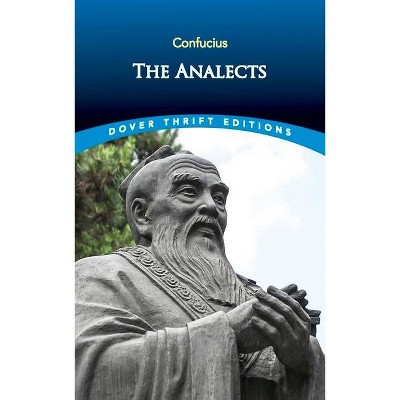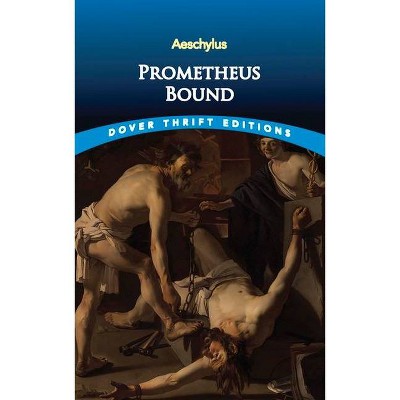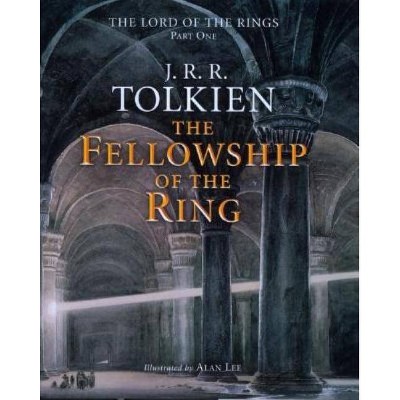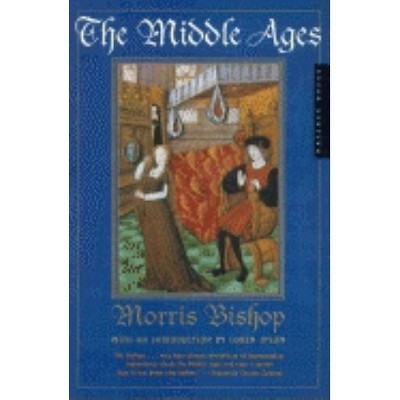Enchiridion - (Dover Thrift Editions) (Paperback)
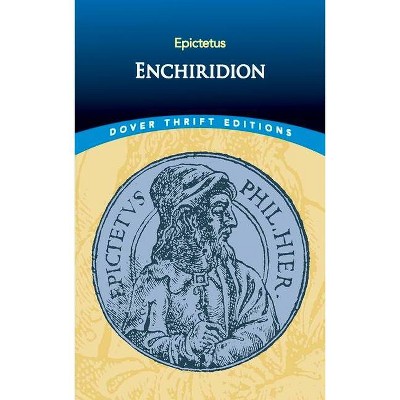
Similar Products
Products of same category from the store
AllProduct info
<p/><br></br><p><b> About the Book </b></p></br></br>A first-century Stoic, Epictetus argued that we will always be happy if we learn to desire that things should be exactly as they are. His <i>Enchiridion </i>distills his teachings to illuminate a way to a tranquil life.<p/><br></br><p><b> Book Synopsis </b></p></br></br>Although he was born into slavery and endured a permanent physical disability, Epictetus (ca. 50-ca. 130 CE) maintained that all people are free to control their lives and live in harmony with nature. We will always be happy, he argued, if we learn to desire that things should be exactly as they are. After attaining his freedom, Epictetus spent his career teaching philosophy and advising a daily regimen of self-examination. His pupil Arrian later collected and published the master's lecture notes; the <i>Enchiridion, </i>or Manual, is a distillation of Epictetus's teachings and an instruction manual for a tranquil life. Full of practical advice, this work offers guidelines for those seeking contentment as well as those who have already made some progress in that direction. Translated by George Long.
Price History
Price Archive shows prices from various stores, lets you see history and find the cheapest. There is no actual sale on the website. For all support, inquiry and suggestion messages communication@pricearchive.us
